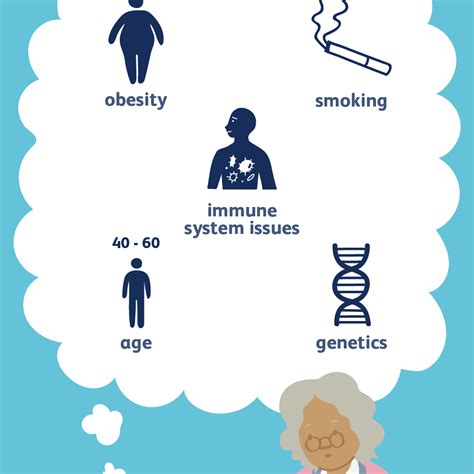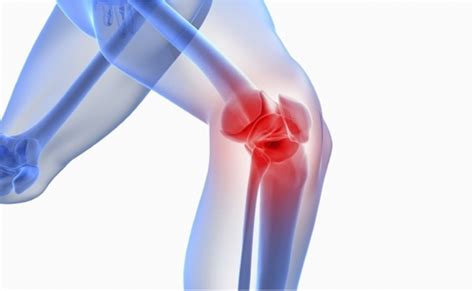For most people, standing up is a simple, automatic action. However, for those diagnosed with Postural Orthostatic Tachycardia Syndrome (POTS), it can be a challenging and even debilitating task. But what exactly is POTS, and how is it connected to the ongoing COVID-19 pandemic?
Understanding POTS
POTS is a medical condition in which the body’s ability to adjust to changes in posture is compromised. When a person with POTS stands up from a lying-down position, less blood returns to the heart, leading to a decrease in blood pressure. In response, the heart rate increases excessively, a condition known as tachycardia. This can result in symptoms like lightheadedness, dizziness, and sometimes even fainting. The root cause of POTS remains uncertain, though it’s noted that it can occasionally emerge following prolonged bed rest after an injury or illness. For more detailed insights into this condition, you can visit Harvard Health’s blog on POTS diagnosis and treatment.

The Connection Between POTS and COVID-19
Since the onset of the COVID-19 pandemic, there has been a noticeable rise in POTS diagnoses. Severe COVID-19 infections can lead to heart complications such as myocarditis and heart failure. Recent observations have revealed that POTS is now being identified among long COVID patients. This connection between POTS and COVID-19 has been explored by multiple institutions, and you can find more information about it here.
Research and Treatment
Numerous medical institutions and researchers are diving deep into understanding POTS and its associated conditions. For instance, the Acquired Autonomic Dysfunction Program (AADP) caters to patients below 18 years of age diagnosed with autonomic dysfunctions, including POTS. More about their approach can be found here.
Additionally, there’s an ongoing focus on post-COVID syndrome and related conditions like multiple system atrophy (MSA), Parkinson’s disease with autonomic involvement, orthostatic hypotension, and pure autonomic failure. For those interested in diving deeper into this research, check out UT Southwestern’s research on autonomic disorders.
In conclusion, POTS is a medical condition that demands attention and understanding, especially in the wake of the COVID-19 pandemic. Continued research and patient-focused treatments are crucial in managing this syndrome and improving the quality of life for those affected.


